On July 28, Hanoi College of High Technology (HHT) was one of the vocational training institutions selected by the National Assembly's Committee on Culture and Society to conduct a thematic survey on the implementation of policies and laws in the field of education and training.
This is an in-depth monitoring activity, which has practical significance in assessing the level of policy implementation at the grassroots level, identifying gaps in practice, and contributing to shaping more effective and synchronous policy adjustments in the coming time.
Constantly innovating and creating
At the meeting, Associate Professor Dr. Pham Xuan Khanh - Principal of Hanoi College of High Technology presented a comprehensive report on the implementation of policies and laws on education and training. The content focused on three main axes: operating mechanism according to the Law on Vocational Education; training model associated with labor market needs and efforts of digital transformation, autonomy and innovation in the new context.
HHT is one of the few public colleges that has boldly implemented a comprehensive autonomous model in the direction of "learning combined with practice - training associated with production - school associated with businesses". The school not only complies with legal regulations but also proactively creates new models, pilots new approaches suitable for development practices, especially in the context of the 4.0 Industrial Revolution and comprehensive digital transformation that are taking place strongly.

In the field of recruitment and training, HHT has effectively implemented many types of training. Policies on tuition support, scholarships, job referrals and business connections have also been implemented consistently, helping to improve access to vocational education for all subjects, especially students in difficult areas and disadvantaged students.
In the field of digital transformation, HHT is one of the first schools to deploy digital classrooms, digital technology centers and online practice software, contributing to improving teaching quality.
Notably, the school also focuses on developing staff capacity - one of the core factors ensuring the quality of vocational education. Retraining programs, professional standards training, and teacher training according to international standards are implemented systematically and with long-term strategies. At the same time, HHT constantly promotes applied scientific research, innovation, and technology transfer - contributing to putting the policy of developing science and technology in vocational education into practice.
Recommendations from grassroots practice
At the meeting, in addition to sharing models, results and implementation experiences, school leaders also frankly pointed out some "bottlenecks" in implementing current policies.
First of all, the issue of autonomy – although the policy is clear and affirmed in many legal documents, practice shows that the mechanisms supporting financial autonomy, personnel autonomy, and training program autonomy still lack consistency. This makes it difficult for pioneering vocational schools like HHT to maximize their internal strength, proactively cooperate and innovate.

Next, the policies on enrollment, streaming and career orientation are still theoretical, without tools, communication models and practical support strong enough to create a clear change in social awareness. Many students and parents still have the prejudice that "vocational training is a secondary choice", while reality has proven: vocational training is a shorter, more practical and more market-appropriate path in many cases.
At the same time, investment policies on facilities and equipment for vocational education have not kept up with the development of technology. Many occupations require training equipment close to actual production, but investment according to administrative mechanisms is slow, lacks flexibility and often lags behind the requirements of businesses and the labor market.
From the implementation practice at HHT, the school recommends that the National Assembly and relevant agencies soon complete a synchronous legal corridor; strengthen decentralization and delegation of authority to vocational training institutions in the direction of real autonomy; have a strong national communication policy to change social awareness about the role of vocational education; and at the same time prioritize investment budget for digital transformation, program innovation, staff development and business engagement.

At the working session, Mr. Nguyen Dac Vinh - Chairman of the National Assembly's Committee on Culture & Society, Head of the survey delegation acknowledged and highly appreciated the results that HHT has achieved, especially the proactive, creative and dynamic spirit in implementing legal policies and developing a modern vocational education model, linked to practice.
The survey team emphasized that listening to voices from the grassroots is an important foundation for the National Assembly, the Government and ministries/sectors to perfect policies in a more realistic way. HHT's recommendations are well-founded, based on practical operational experience and will be an important part of the Committee's upcoming thematic monitoring report.
The event to welcome the Survey Delegation of the National Assembly's Committee on Culture and Society is not only an opportunity for the school to report results and share recommendations, but also a milestone demonstrating the prestige, position and pioneering role of HHT in the national vocational education system.
Source: https://giaoducthoidai.vn/phat-trien-giao-duc-nghe-nghiep-hien-dai-gan-voi-thuc-tien-post741843.html




![[Photo] National Assembly Chairman Tran Thanh Man attends the VinFuture 2025 Award Ceremony](/_next/image?url=https%3A%2F%2Fvphoto.vietnam.vn%2Fthumb%2F1200x675%2Fvietnam%2Fresource%2FIMAGE%2F2025%2F12%2F05%2F1764951162416_2628509768338816493-6995-jpg.webp&w=3840&q=75)
![[Photo] 60th Anniversary of the Founding of the Vietnam Association of Photographic Artists](/_next/image?url=https%3A%2F%2Fvphoto.vietnam.vn%2Fthumb%2F1200x675%2Fvietnam%2Fresource%2FIMAGE%2F2025%2F12%2F05%2F1764935864512_a1-bnd-0841-9740-jpg.webp&w=3840&q=75)


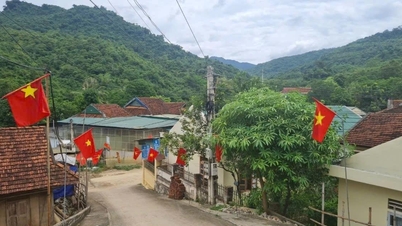



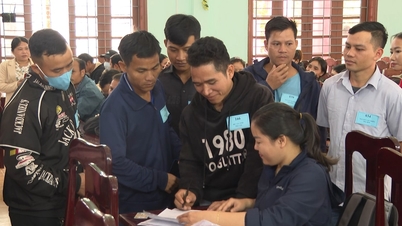

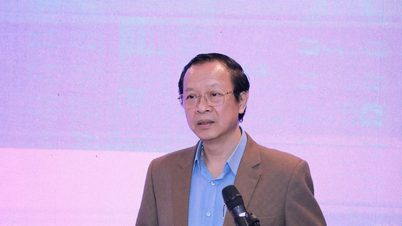


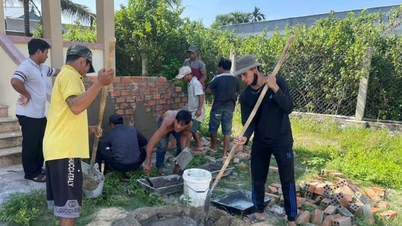
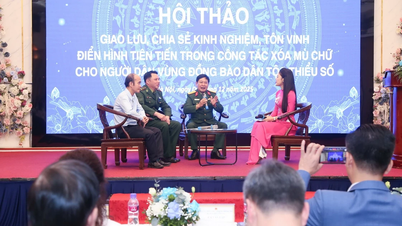
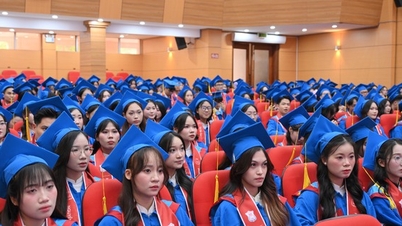
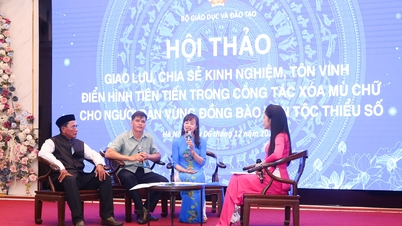



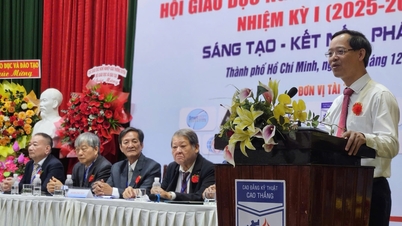

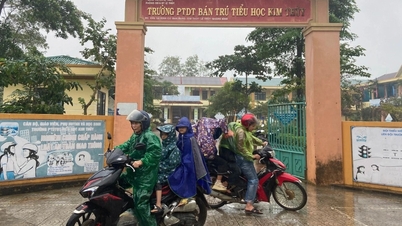





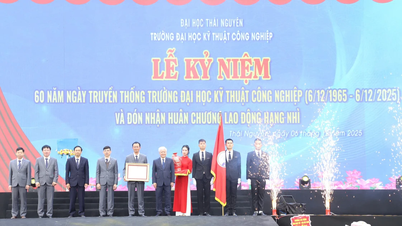
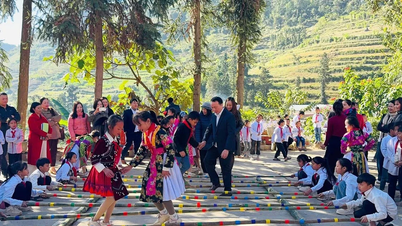
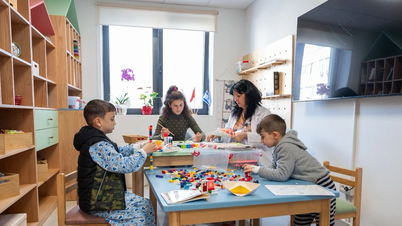
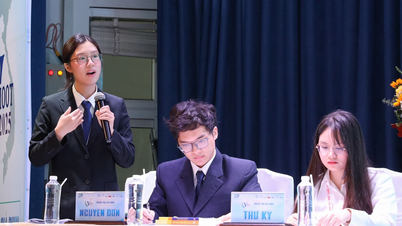
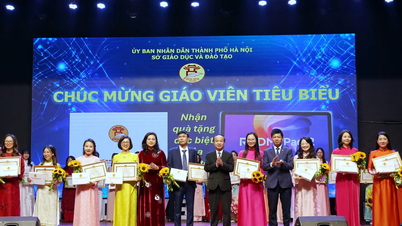








































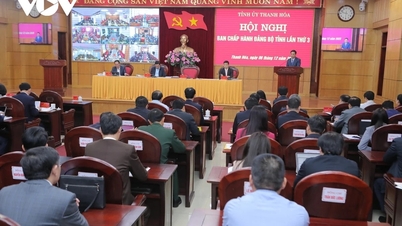





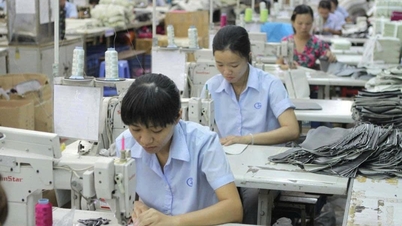
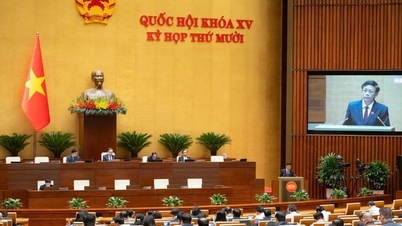

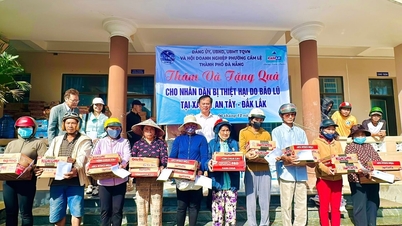


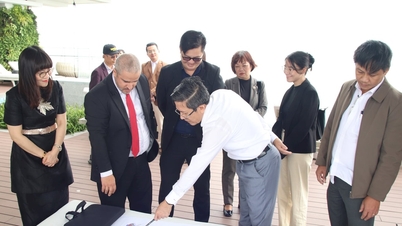





















Comment (0)